“I understand that after the policy of General Secretary To Lam and the Central Committee, the education sector not only teaches literacy but also trains life skills. In the messages I received, it was explained that the reason some schools have to study extra on Saturdays is because each day they only arrange 7 periods, not 8. If they study 7 periods/day and add life skills, schools will be forced to teach on Saturdays. People are reacting strongly to this," Mr. Quang said and asked the Director of the Department of Education and Training, Nguyen Van Hieu, to clarify and explain the solution.

Mr. Nguyen Van Hieu, Director of the Department of Education and Training of Ho Chi Minh City, replied that studying 7 periods/day is according to the regulations in recent documents of the Ministry of Education and Training. However, the Ministry also has instructions to flexibly organize life skills activities and support subjects in addition to 7 periods/day in the General Education Program (GDPT) 2018.
The Department of Education and Training has instructed schools to organize additional activities and life skills training programs in addition to the 2018 General Education Program. Saturday classes only take place in a few schools; most schools teach two sessions a day and do not study on Saturday mornings.
According to Mr. Hieu, currently about 70-80% of schools in Ho Chi Minh City teach two sessions a day and do not organize classes on Saturdays. In Region II (formerly Binh Duong ), many schools still only teach one session a day. The review results show that the whole city has only 24 primary schools that organize classes on Saturdays. For schools that teach two sessions a day, extra classes on this day are completely voluntary for parents and students, mainly for life skills or English classes with foreign teachers. If parents do not agree, the school only teaches from Monday to Friday.
Mr. Nguyen Van Hieu also said that with the target of 300 classrooms/10,000 school-age people set by the Ho Chi Minh City Party Committee for the two terms of 2015-2020 and 2020-2025, Ho Chi Minh City has now achieved 297 classrooms/10,000 people, ensuring the number of students in each class.
However, after the merger, Region II (formerly Binh Duong) reached 200 classrooms/10,000 people, but for high school age children (15-18 years old), it only reached 74 classrooms/10,000 people. Mr. Hieu proposed to keep the target of 300 classrooms/10,000 people in the draft political report submitted to the 1st Congress of the Ho Chi Minh City Party Committee, term 2025-2030 as a target for the entire new Ho Chi Minh City.
Source: https://vietnamnet.vn/nhan-tin-nhan-phan-ung-viec-hoc-thu-bay-bi-thu-tphcm-yeu-cau-bao-cao-ro-2442655.html



![[Photo] Science and Technology Trade Union honors exemplary workers and excellent union officials](https://vphoto.vietnam.vn/thumb/1200x675/vietnam/resource/IMAGE/2025/9/17/842ff35bce69449290ec23b75727934e)




![[Photo] General Secretary To Lam chairs a working session with the Standing Committee of the Government Party Committee](https://vphoto.vietnam.vn/thumb/1200x675/vietnam/resource/IMAGE/2025/9/17/cf3d855fdc974fa9a45e80d380b0eb7c)




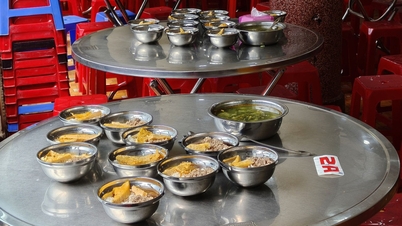





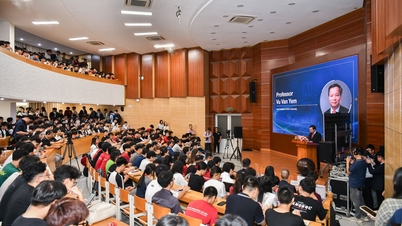

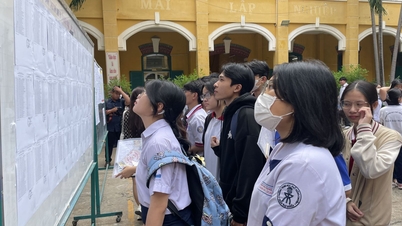



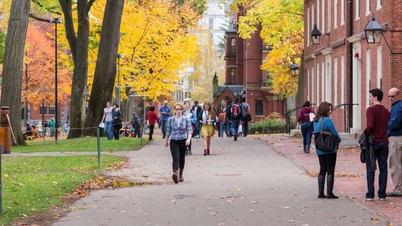

















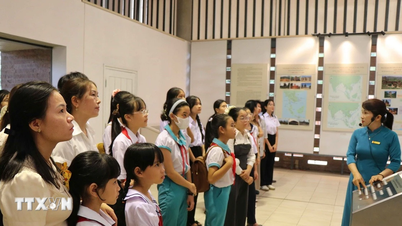








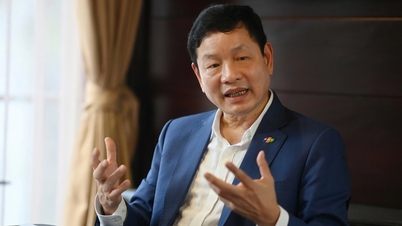





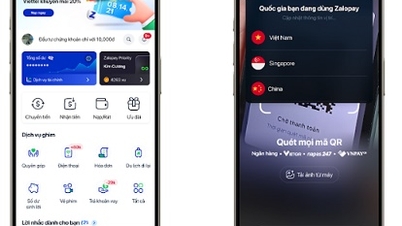















































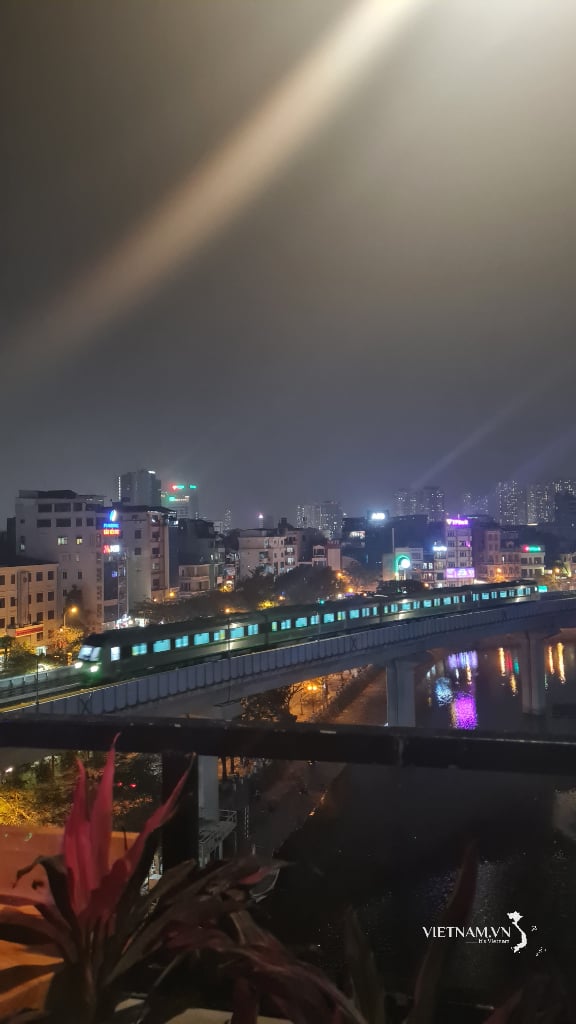


Comment (0)